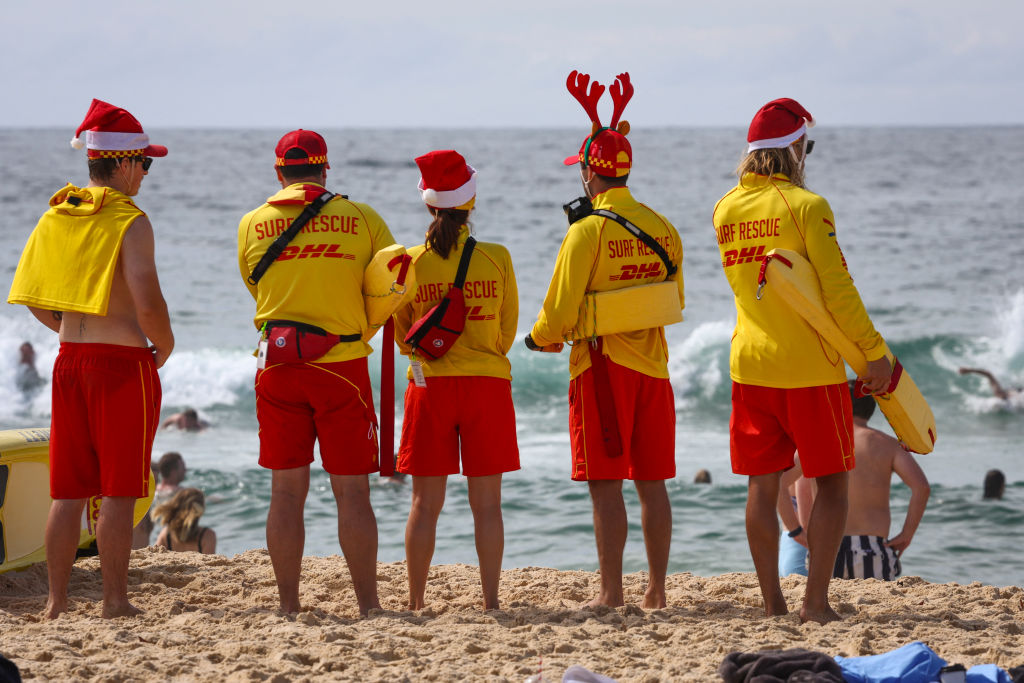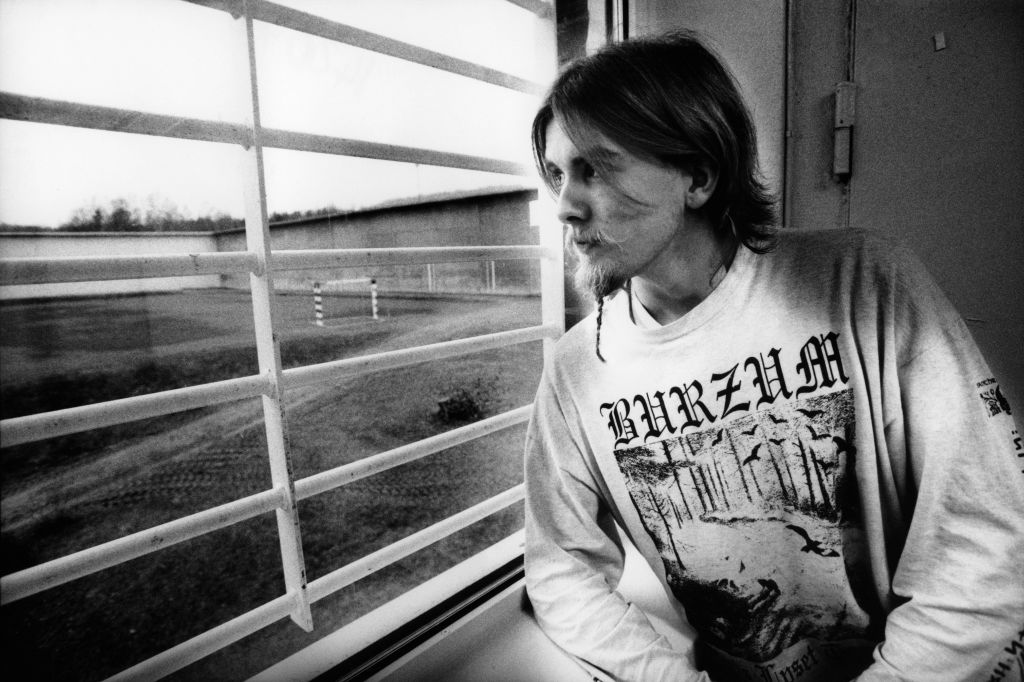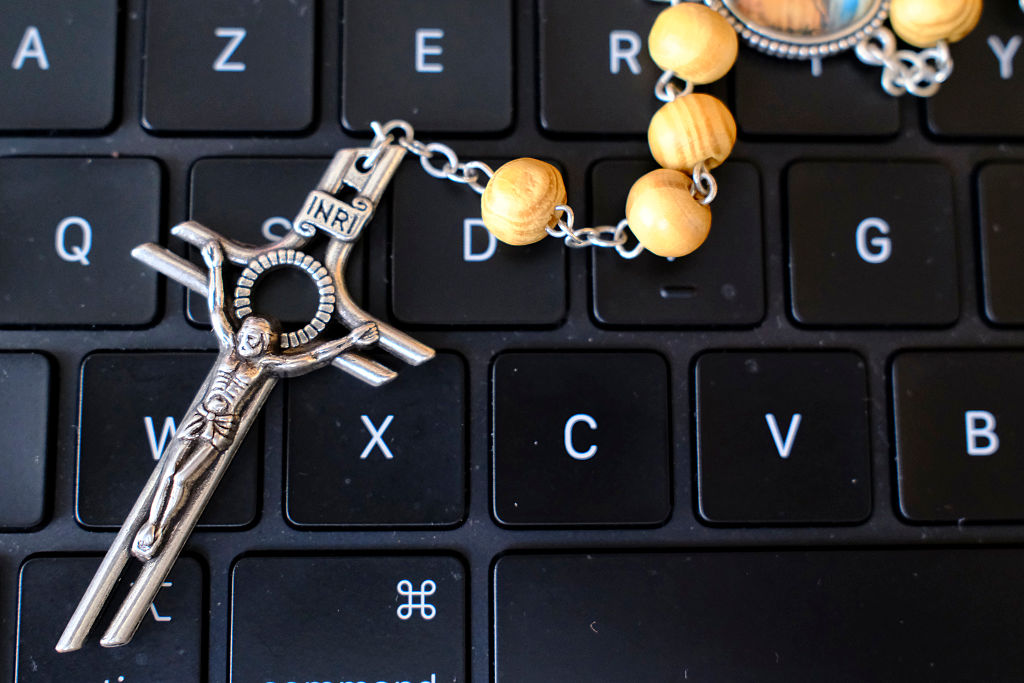Melbourne
As Christmas comes around again, we will discover that Australia is no longer a Christian country. According to the most recent census in 2021, Christianity is not a majority faith here and, of its denominations, none has declined more rapidly than Anglicanism — which has lost more than a third of its declared adherents since the turn of this century.
Meanwhile, steadily growing non-Christian faiths are headed by Islam, which claimed over 3 percent of Australians in 2021. Muslims in Australia now outnumber Jews by more than eight to one. Furthermore, the main Anglican and Catholic denominations are more C and E — Christmas and Easter — than C of E, as their adherents mostly are no longer churchgoers. For many, even their affiliation with the Church is little more than a nominal flag of convenience. Australia’s immigration trends favour Asian and African arrivals over the traditional sources of Britain, Ireland and Europe. As such, it’s the faiths of the new visible and non-Christian minorities, notably Islam and Hinduism, whose followers are more publicly observant of their faith traditions.
For many, the pre-Christmas focus is on who will open the batting for Melbourne’s Boxing Day test match
What is more remarkable, indeed, is that Australia’s second religion is “no religion.” Non-believers have rocketed from 13 percent in 1986 to 39 percent in 2021, and may well have edged past Christianity for the top spot when the next census comes around in 2026. The author G.K. Chesterton may have observed that when men cease to believe in God, they believe in anything, but that truth hasn’t deterred many Australians from abandoning religious belief altogether, and raising their children to be non-believers too.
As we approach Christmas Down Under, it is thus not as a Christian nation. Yes, we pay nominal lip service to celebrating the birth of Christ, but for most Australians it is an extended public holiday, a time to be with family (for better or worse), and to splash out on presents we can’t afford in the midst of a perennial cost-of-living crisis. For many, and especially the Australian media, the focus of pre-Christmas reflections has been not on the celebration and meaning of Christmas, but who will open the batting for Australia in Melbourne’s Boxing Day test match.
The Australian Christmas season is also a Festival of Lights — not an appropriation of Diwali, but when thousands of Australian homes are host to extravagant and garishly fun displays of son et lumière, usually featuring Santa Claus and his reindeer, candy canes and other seasonal staples. So popular are these that, on balmy summer evenings, families turn out in droves to see them, and some enterprising promoters organize bus tours to take in the “best” of them on one night.
For many, British yuletide traditions that their ancestors left behind generations ago will be at the center of their Christmas Day. Many an Australian Christmas dinner will feature — incongruously — hot turkey and cranberry sauce, baked vegetables, soggy peas and an ocean of warm gravy, all followed by a traditional steaming plum pudding, ideally seeded with cherished heirloom silver sixpences and threepenny bits we abandoned as our currency six decades ago. Our high streets and shops are bedecked in spectacular Christmas decorations and artificial snow just like Oxford Street or Broadway, and we’re dreaming of a white Christmas along with Bing Crosby. For many, too, there’s still the sentimental tug of the King’s Christmas message (with a wistful longing for those of the late Queen’s), which is broadcast in Australia hours ahead of its airing in Britain.
On Christmas Day itself, however, there’ll be relatively little churchgoing, and much of it will be the C and E mob rather than all-in believers. If most Australians do venture out from family get-togethers on Wednesday, it will be to go somewhere else.
The Christmas weather around Australia will be very much of the sunny high summer. My home city, Melbourne, will be 86 degrees on Christmas Day, and a scorching 104 on Boxing Day — temperatures that would send our British cousins diving headlong into the fountains in Trafalgar Square. Further north, in Sydney, the sun will be a little milder, but perfect for getting outdoors. Thousands upon thousands of people, many of them Britons, Americans and other international visitors, will be flocking to Bondi and Sydney’s many other iconic beaches to ride the waves and to party exuberantly.
From Perth to Darwin, from Brisbane to Adelaide, even in temperate Tasmania, that pattern will be repeated. In 2024 Australia, we worship summer’s sun god, and our golden beaches are his cathedrals. Our glorious summer weather, even more than our evolving national culture, has made hedonism our predominant seasonal religion. That’s not least because it’s a non-denominational faith that all can embrace everyone who wishes, as the multi-national, multi-cultural and multi-faith crowds at the beaches, at the cricket, and in parks and gardens around the nation attest. The birth of Jesus may be the official reason for the season, but its Christian celebration increasingly has become an optional extra.
In Australia, a summer Christmas has become a secular holiday. Increasingly, we are becoming no different to the Asian countries to which thousands of us flock in our long summer holidays: in places like Tokyo or Bangkok, cities with no Christian tradition, the Christmas season is an imported shopping festival and an excuse to play carols and Mariah Carey’s execrable “All I Want for Christmas is You” in every public place imaginable. All show and meaning nothing.
Whether we like it or not, that’s what an Australian Christmas has become in 2024: simply a time unashamedly to worship pleasure and leisure.


























Leave a Reply